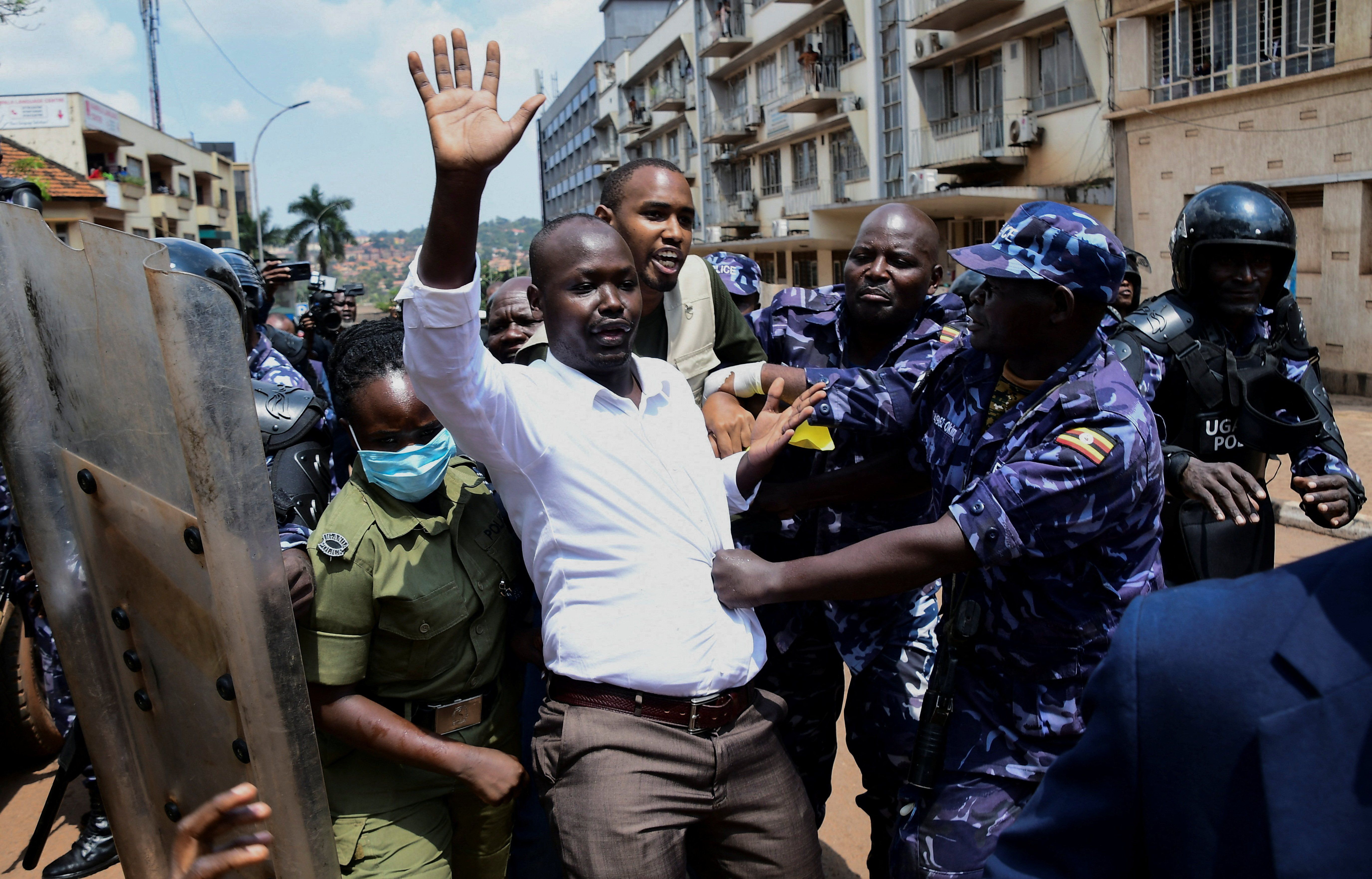Kenyan President William Rutonominated four opposition ministers to his new “broad-based” cabinet on Wednesday to appease growing government dissatisfaction – a move that's already being labeled a corrupt bribe by protesters. Earlier this month, Ruto fired most of his cabinet after weeks of student-led protests against proposed tax hikes and government corruption led to 50 deaths and calls for his resignation.
Wednesday's move came after last week’s appointment of 11 ministers – six of whom had been in the previous cabinet – drawing concerns that Ruto’s pledges for radical change were just words and that he will continue to choose personal politics over national interests. Protesters have been urged to accept Ruto’s concessions and engage in constructive dialogue, but demonstrations continue as Ruto refuses to step down.
New Kenyan-inspired protests. These calls for change are now being echoed across the continent. In Uganda, youths inspired by their Kenyan counterparts have taken to the streets in anti-corruption protests – a move authoritarian President Yoweri Museveniwarned was “playing with fire.” Ugandan forces besieged the activists’ headquarters on Monday, and authorities arrested more than 40 people – including three opposition lawmakers – at banned protests the following day.
Hoping to mirror the successes of Kenyan protests, young Nigerians have also taken to social media to organize a demonstration on Aug. 1 against the ongoing cost-of-living crisis. Nigerian President Bola Tinubu has called on youths not to join the “sinister” protests, as the government begs for more time to address economic hardships.
